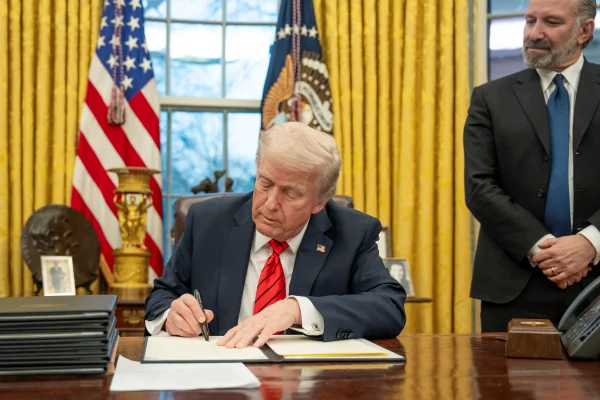Crossing the Divide: Women Gain Ground in Massachusetts Politics
When Martha Coakley won the Democratic nomination for governor of Massachusetts in the primary on Tuesday, September 9, she became the face of a new wave of women bridging the gender gap in Massachusetts politics.
In 2012, Elizabeth Warren became Massachusetts’s first female senator. And on September 9, Maura Healey and Deb Goldberg joined Coakley in her primary win, becoming the Democratic nominees for attorney general and state treasurer respectively. These victories signal a shift in the public’s opinion of the importance of a candidate’s gender when deciding for whom to vote.
Shira Schoenberg reported in her September 15 article for Masslive that Coakley’s running mate Steve Kerrigan, the openly gay Democratic nominee for lieutenant governor, remarked on the primary outcomes on September 10, saying, “Yesterday, the winners were three women and a gay guy. And to think we all woke up this morning and that wasn’t big news is true testament to the work that we have done.”
Amelia DeFrancis ’16 and Maggie White ’16, heads of Williston’s international women’s rights club Girl Up, jointly comment that “electing a woman into the office of Massachusetts Governor is a good sign for women in politics. It not only shows a step towards gender equality in Massachusetts, but sets an example for the rest of the country.”
Ms. Sarah Klumpp, Williston’s Women’s and Gender Studies teacher, says that “Our representatives in government need to reflect our population. Since women make up half our population, it is important for them to be present in government, especially at high levels.”
Should Coakley win the general election against Republican Charlie Baker in November 2014, Coakley, who has already gained the distinction of being the Commonwealth’s first female attorney general with her 2007 election, would become the first elected female governor of Massachusetts. Jane Swift, a Republican from North Adams, is the only woman to have served as Massachusetts governor when she became Acting Governor from 2001 to 2003 following Governor Paul Cellucci’s appointment as Ambassador to Canada.
Baker, Coakley’s opponent, ran for governor in 2010 but was defeated by then-incumbent Deval Patrick. Governor Patrick plans to return to the private sector when his second term comes to an end in January 2015.
Coakley has also suffered political defeat in the past. In 2010, she ran against Republican Scott Brown in a special election for senate following the death of Senator Edward Kennedy.
Brown, as it happens, is running in New Hampshire’s senate election this year following his defeat in 2012 by Elizabeth Warren.
Although unsuccessful in 2010, Coakley has made a notable political comeback in her receipt of the gubernatorial nomination. She now faces the task of rallying the support of a changeable Democratic coalition.










